
AeroGenie — Seu copiloto inteligente.
Tendências
Categories
Russia’s Attempt to Lease Ethiopian Planes Collapses Amid Sanctions
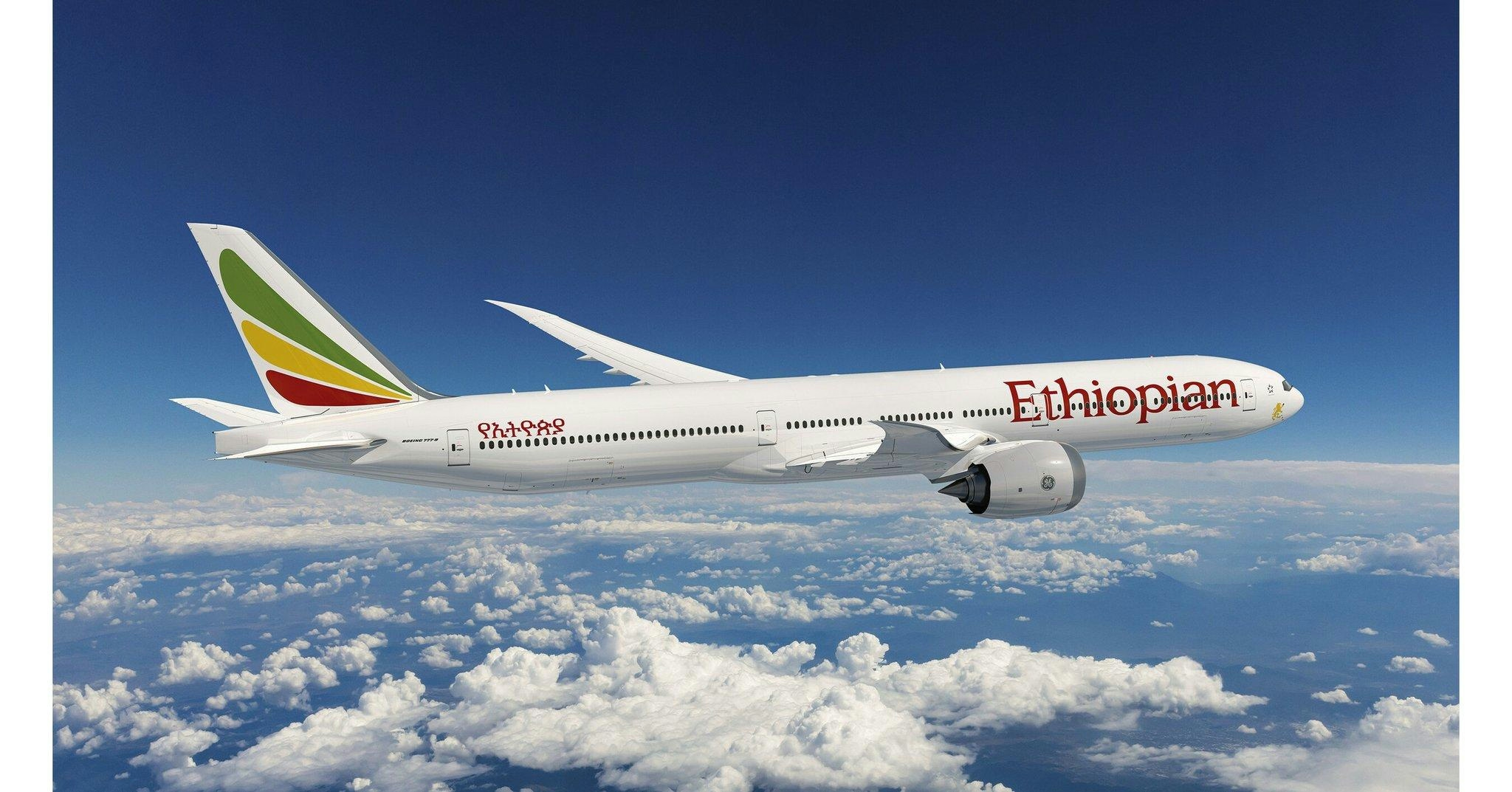
Russia’s Attempt to Lease Ethiopian Aircraft Fails Amid Sanctions
Breakdown of Lease Negotiations
Russia’s initiative to lease aircraft from Ethiopian Airlines has collapsed, according to reports from Ethiopian media, as ongoing international sanctions continue to isolate Moscow’s aviation sector and disrupt global markets. In late July, a Russian delegation approached Ethiopia’s Civil Aviation Authority (ECAA) with a proposal to lease planes operated by the country’s flag carrier. However, ECAA officials declined the request, stating they lacked the authority to compel Ethiopian Airlines to enter such an agreement. Ethiopian Airlines Group CEO Mesfin Tasew confirmed that no substantive negotiations had taken place and no deal was reached.
Tasew emphasized the airline’s adherence to international regulations and U.S. law, noting that Russia remains subject to U.S. sanctions. “Ethiopian Airlines has strong operational and commercial ties with the United States,” he said. “We are not willing to take the risk of violating those laws.” He further explained that Ethiopian Airlines is actively pursuing additional aircraft to meet growing demand for passenger and cargo services, making a lease to Russia increasingly unlikely.
Broader Implications of Sanctions on Russian Aviation
The collapse of the Ethiopian lease agreement underscores the mounting difficulties Russia faces as Western sanctions, imposed in response to its invasion of Ukraine, continue to restrict access to aircraft, parts, and international leasing markets. This failure not only deprives Russia of critical aircraft but also highlights the risk of lost revenue and further isolation for its commercial aviation sector.
Market responses to the sanctions have been varied. While the Russian rouble has weakened, this has paradoxically bolstered the state budget by increasing energy export revenues. At the same time, international lessors such as Air Lease Corp. are reportedly seeking to fill the gap left by Russia’s diminished presence in the global leasing market, targeting airlines in regions formerly served by Russian carriers.
Wider Economic and Supply Chain Effects
The impact of sanctions extends beyond aviation. Disruptions in the supply of Russian fertilizers are raising concerns in Latin America, where agricultural sectors depend heavily on these imports. Additionally, ongoing restrictions on Russian oil exports continue to affect global energy markets, contributing to price volatility and uncertainty.
As Russia’s avenues for replenishing its commercial fleet narrow, the broader consequences of sanctions are becoming increasingly evident. These measures are not only constraining the country’s aviation industry but are also reverberating through global trade and supply chains.

FL Technics Indonesia Adds 737 MAX to MRO Fleet
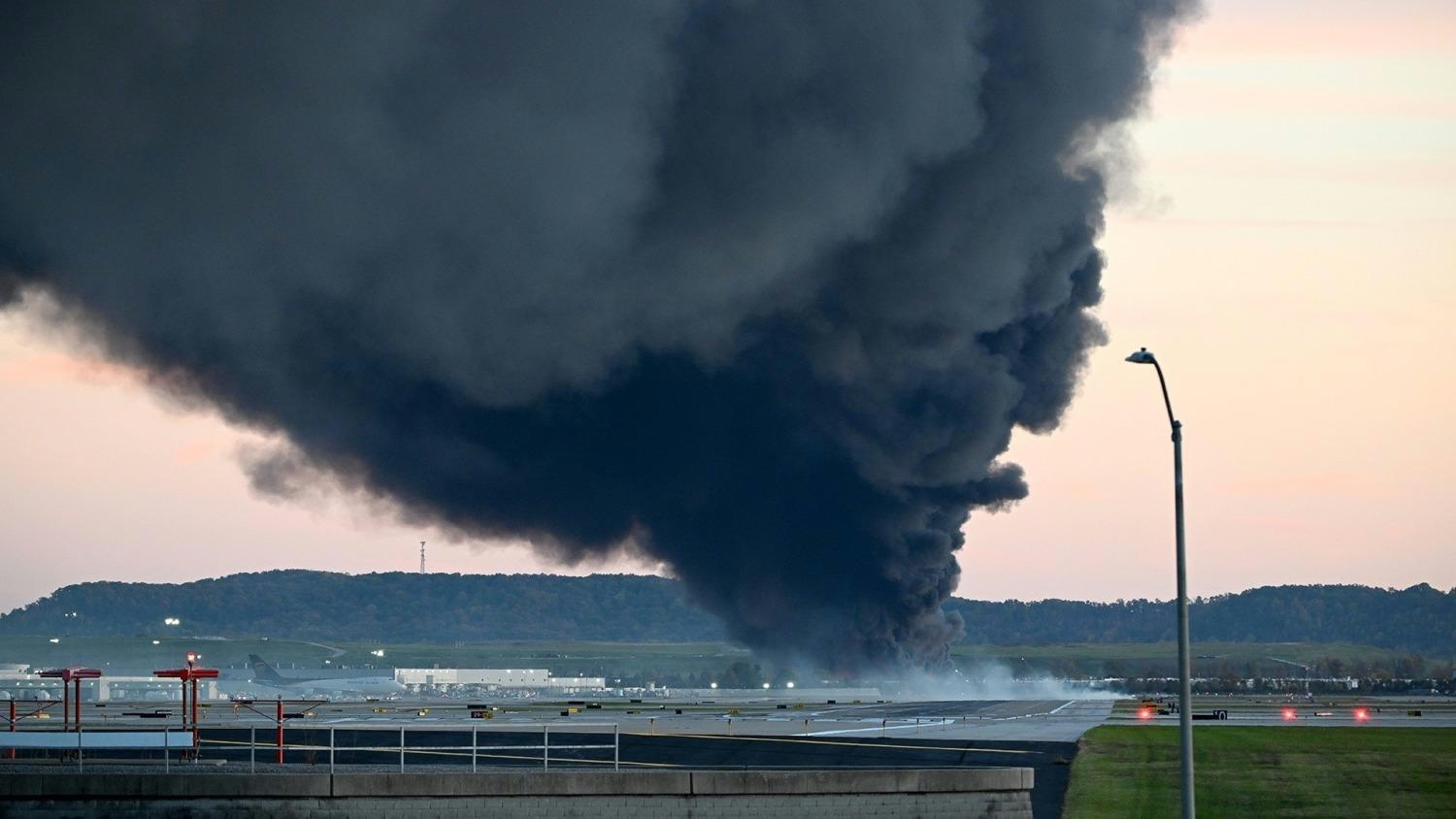
UPS Plane Loses Engine Shortly After Takeoff Attempt at Louisville Airport

Joby’s eVTOL Aircraft Transform Tourism in Osaka and U.S. Cities

FAA Approves Enhanced Hardware for CFM LEAP-1A Engine
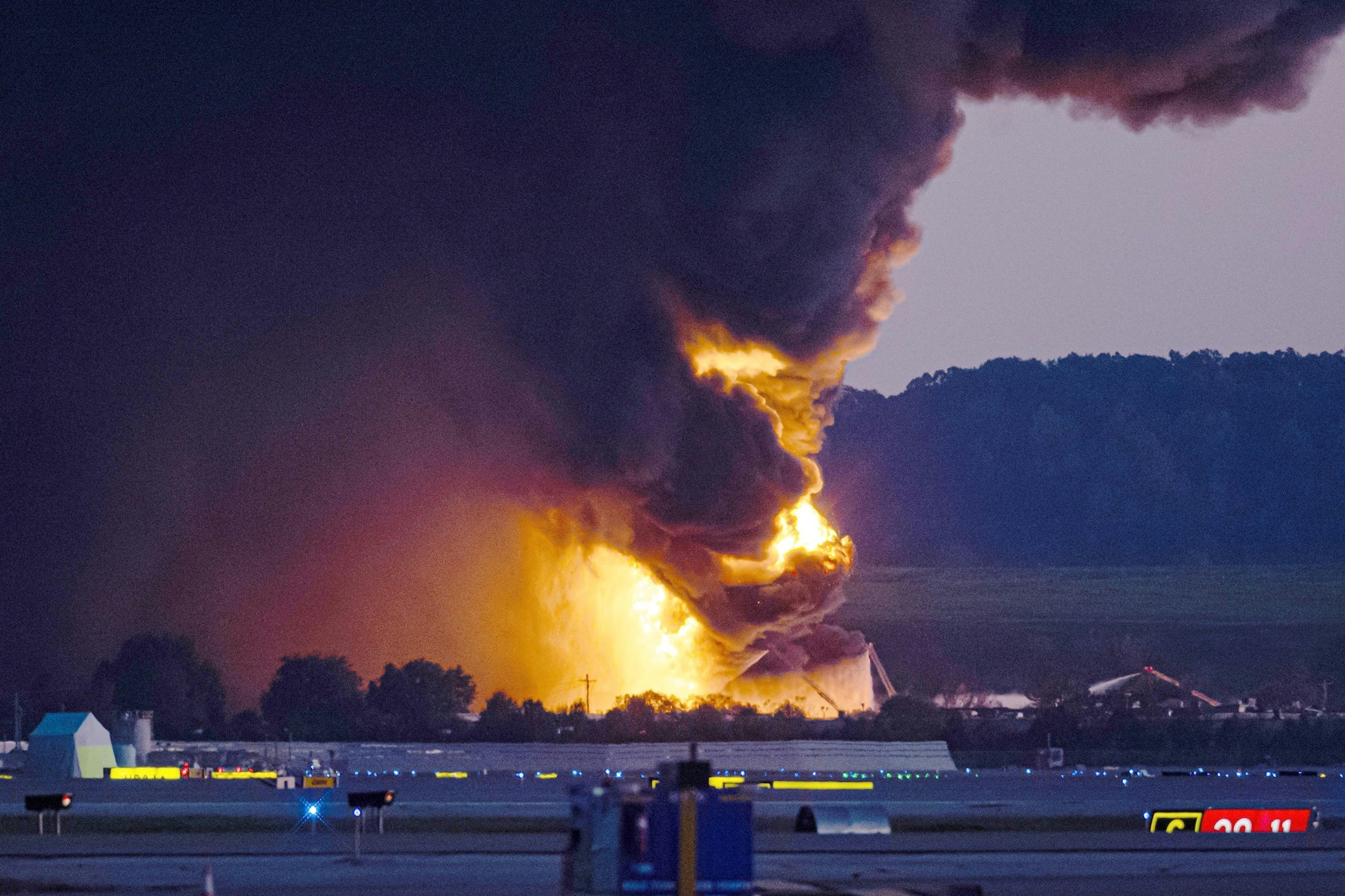
UPS Cargo Plane Engine Detached Before Fatal Kentucky Crash, FBI Investigating

Joby’s Blade to Offer 12-Minute Flights from Suburbs to New York City
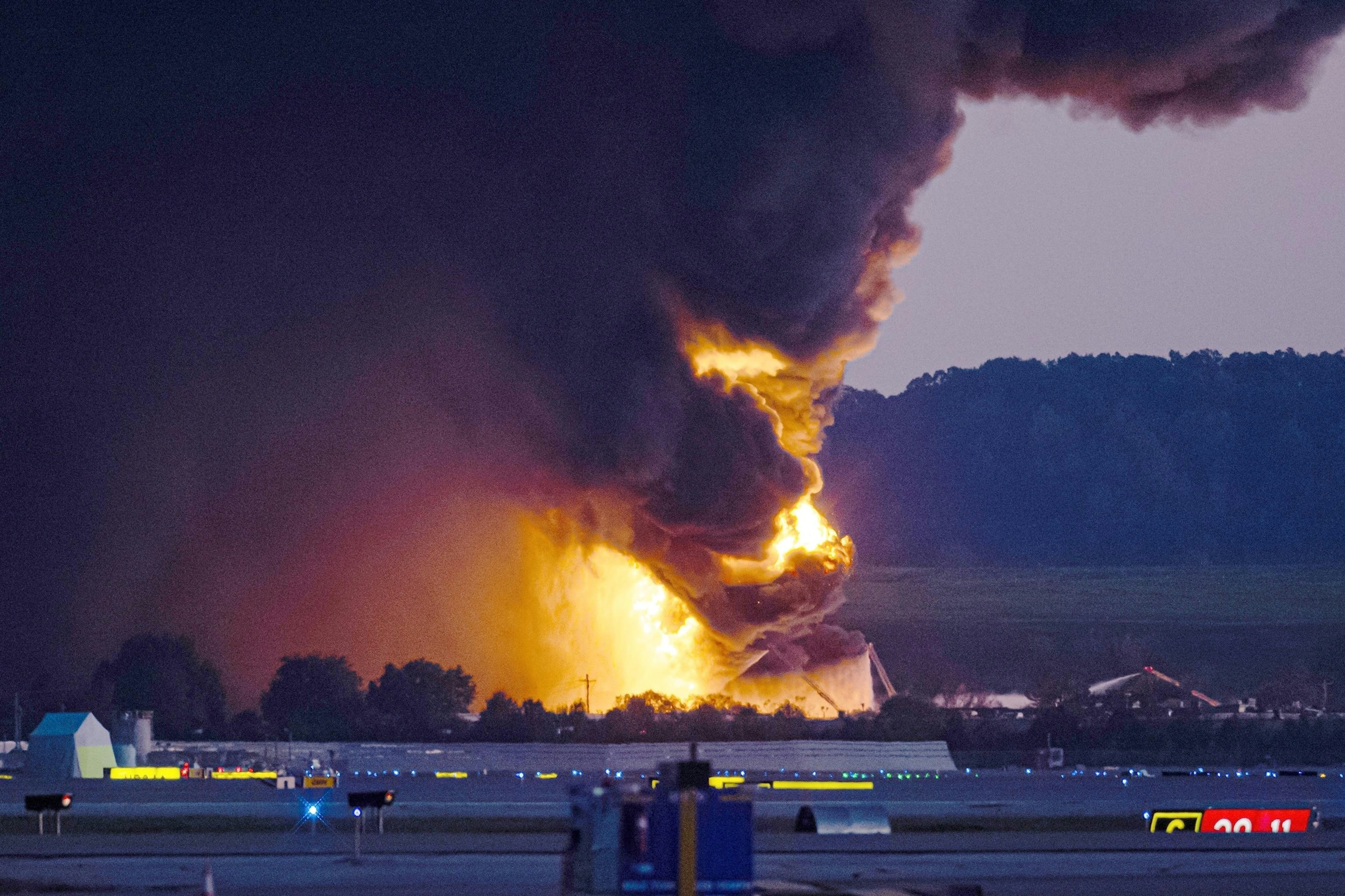
Left Engine Detached During Takeoff Before Fatal Louisville Crash
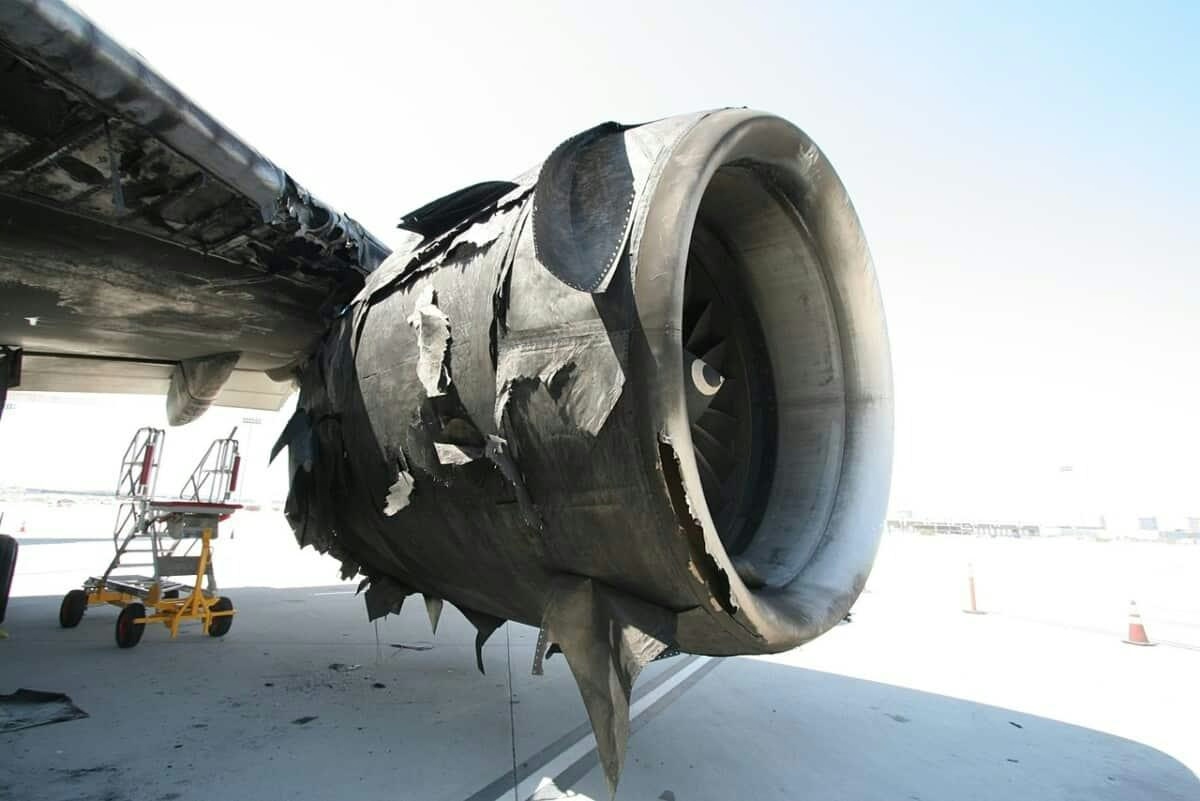
Can an Aircraft Survive Engine Separation During Takeoff?
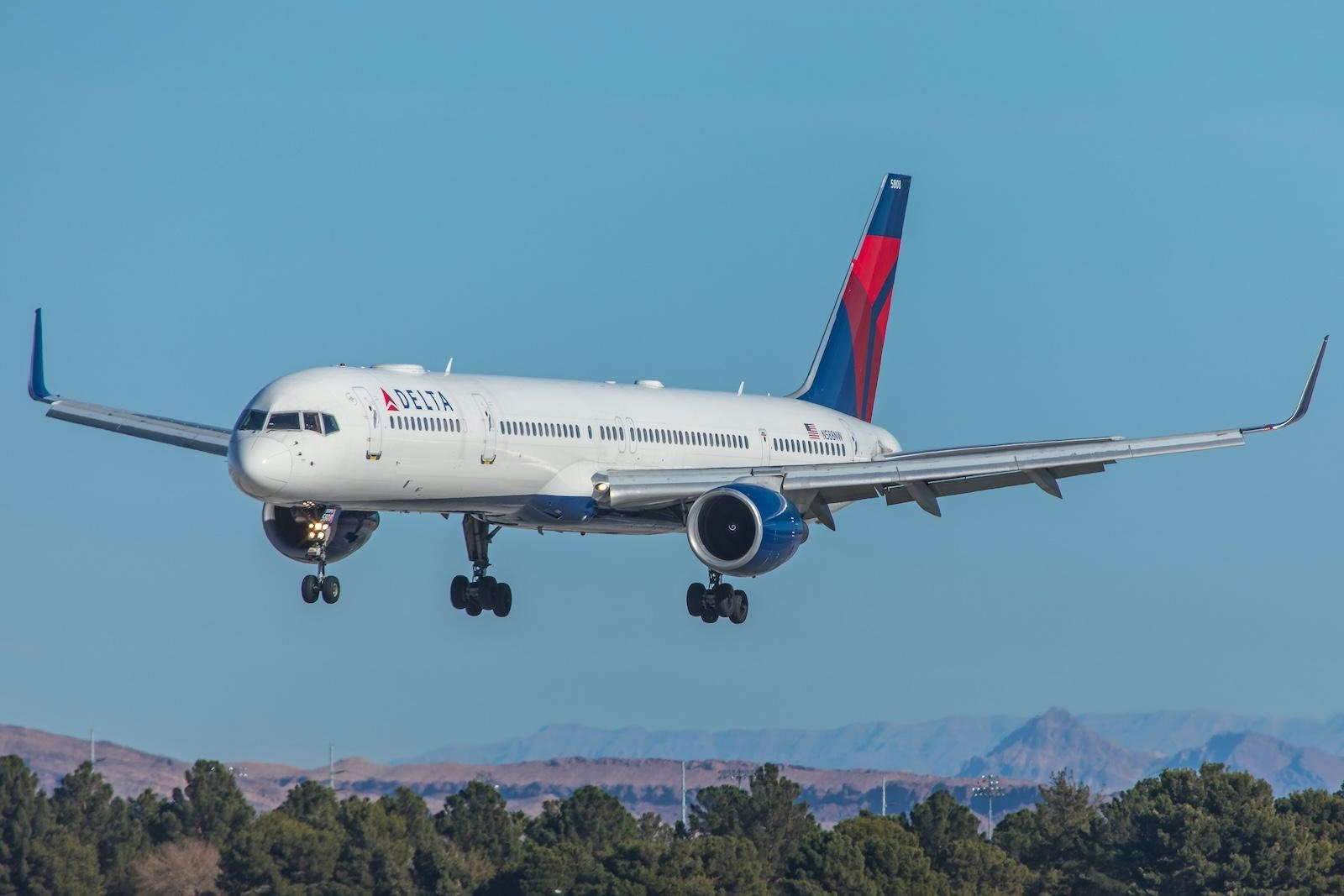
Why Delta Air Lines Continues to Operate Its Aging Boeing 757 Fleet
